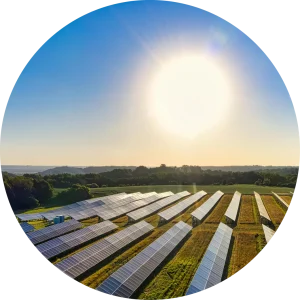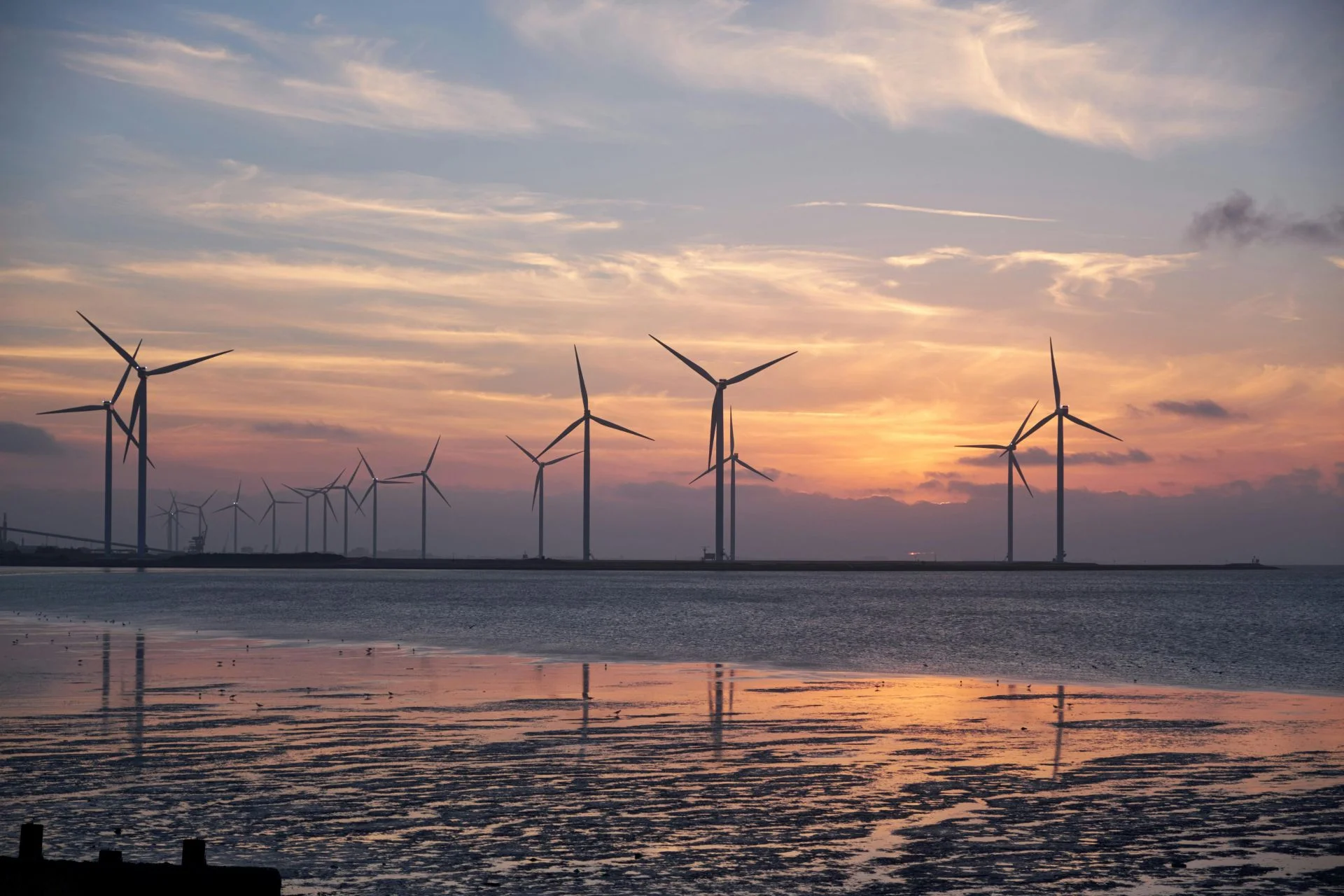Overview
Lead the future of renewable energy and AI
The online, MSc Renewable Energy and AI combines expertise in renewable energy systems with AI and data science, two of the most in-demand skills worldwide. Get ahead of the curve and learn. Bridging engineering, data science, and responsible innovation, this programme provides you with the skills needed to design and manage resilient, low-carbon infrastructures. You will learn to apply AI and analytics to renewable integration, clean electrification, and energy transition challenges through virtual laboratories, applied industry projects, and independent research.
Created in collaboration with industry and aligned with global sustainability goals, our Renewable Energy and AI master’s degree equips graduates with both the technical expertise and professional agility required to drive real-world change across the evolving renewable energy landscape. If you aren’t ready to commit to a full MSc, there is a Postgraduate Certificate and Postgraduate Diploma award, which you can upgrade to the MSc in the future.

About this degree
Programme details
The MSc Renewable Energy and AI is designed for graduates in engineering, science, or related fields who want to lead in the global clean energy transition. Throughout the programme, you’ll explore how renewable energy technologies combine with artificial intelligence, data analytics, and sustainability-focused engineering. You’ll develop expertise in solar, wind, storage, and clean electrification systems, along with the advanced digital tools and ethical frameworks shaping the future of energy infrastructure. The MSc aligns with Level 2 competence, enabling you to develop practical proficiency in applying and interpreting AI tools, algorithms, and data-driven workflows within the renewable energy domain.
Innovative teaching
Through virtual labs, applied projects, and independent research, you’ll build technical depth, critical thinking, and digital fluency. This hands-on learning approach equips you to innovate, collaborate, and make a meaningful impact across the rapidly evolving renewable and intelligent systems landscape.
Structure
Module delivery structure
This is a part-time programme, offered at three qualification levels, as a full MSc (2 years), PG Diploma (18 months) and a PG Certificate (1 year). Get in touch with our enquiries team if you would like more information on these levels of study.
The programme will be delivered online through live peer engagement sessions, guided study and activities, plus independent learning and reading.
Online learning
The future of study
Flexible study
Balance your study, work and home commitments, all while working towards your career goals
e-Library access
Full access to a comprehensive and valuable e-library with a wealth of resources to support your studies
Interactive
Study using a diverse range of interactive, modern and dynamic learning resources
Expert-led
Learning activities that have been designed by University of the Built Environment lecturers and subject matter experts
Stay connected
Learn alongside a diverse community of students from all over the world
Time commitment and study breakdown
You will study two modules per semester, with the exception of the final semester, during which the 60-credit Independent Research Project will be undertaken. The expected time commitment is 15-25 hours per week, depending on the module’s credit size. There is an option to study only one module per semester, where the weekly time commitment will be less – this will need to be arranged with our admissions team.
Directed study time (%)
Self-directed study time (%)
Assessment study time (%)
Careers
Where can it take you?
Graduates of our online master’s degree in Renewable Energy and AI are equipped with the interdisciplinary expertise and digital skills to lead innovation in the fast-changing global energy landscape. The programme prepares students for technical, strategic, and policy-focused roles across renewable energy, digital infrastructure, and sustainability sectors. With advanced capabilities in AI, data analytics, energy system design, and intelligent infrastructure, graduates progress into roles such as energy analyst, AI engineer, sustainability consultant, and net zero planner.
- Grid operations and smart infrastructure planning
- Renewable energy system design and engineering (solar PV, wind, storage)
- Energy data analytics and forecasting (AI, machine learning, digital twins)
- Clean transport infrastructure (EV charging networks, hydrogen)
- Energy consultancy and project development
- Sustainability and decarbonisation strategy teams (public or private sector)
- Research and development in intelligent energy systems
- Climate-tech startups and energy AI platforms
- Digital innovation roles in energy technology companies
Applications
Ready to apply?
Questions?
Get in touch
Admissions Team
UK (Free): 0800 019 9697 (Option 1)
International: +44 (0)118 921 4696 (Option 1)




















